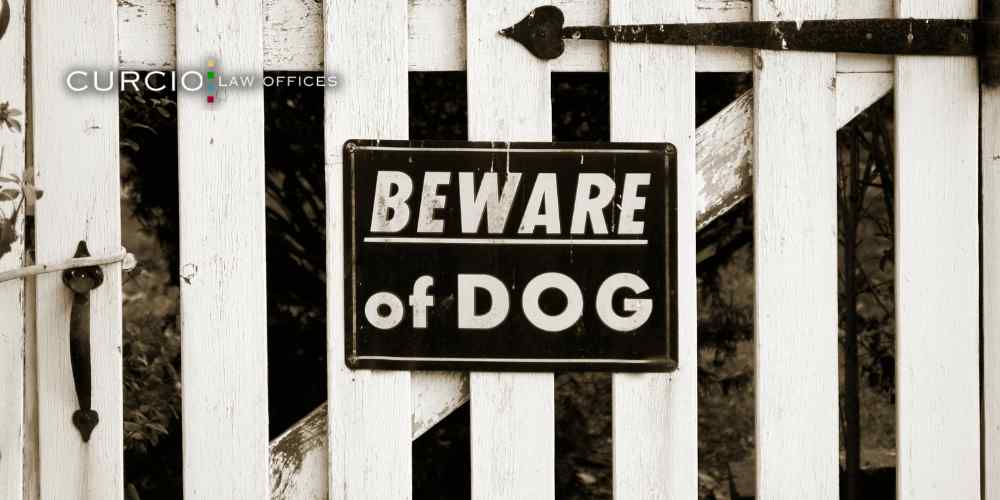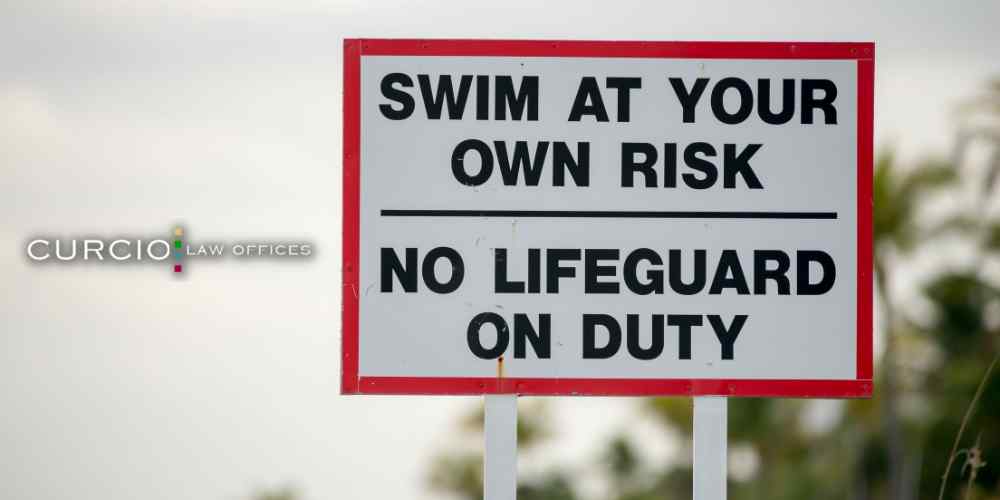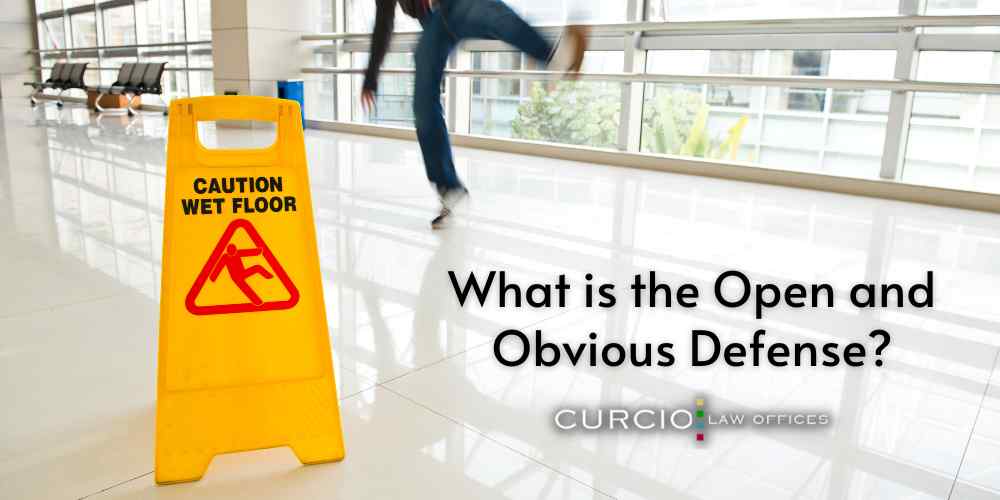In personal injury law, specifically under the scope of premises liability, the “open and obvious” defense is a rule used by property owners to avoid liability when an injury occurs on their property. This defense is based on the argument that the danger was so apparent or obvious that the injured person should have noticed and avoided it, negating the property owner’s duty to warn or protect against it.
However, there are numerous defense strategies that an experienced attorney can use against a defendant claiming the open and obvious doctrine. Below, our Chicago premises liability attorneys break down everything you need to know about refuting the open and obvious rule in your claim. Navigating the complex terrains of premises liability can be daunting, especially when it comes to understanding defenses like the “open and obvious” doctrine.
The open and obvious doctrine often surfaces in personal injury cases, particularly in slip and fall accidents. Hiring an experienced attorney to unravel these legal concepts is crucial for those injured on another’s property in Chicago. Call 312-321-1111 to schedule a free consultation at Curcio & Casciato today.
What is Premises Liability Law?

Premises liability law is one of many civil tort cases in which an individual sustains an injury due to a defective or unsafe condition on someone else’s property.
In Illinois, this law mandates that property owners, lessees, or occupants must maintain a reasonably safe environment for all visitors, free from unreasonable risk. However, the extent of this duty of reasonable care can vary based on the visitor’s status (invitee, licensee, or trespasser) and the situation’s specifics.
When a Landowner is Liable for Harm Caused by a Condition on Their Land
Primarily, the landowner is liable if they knew or should have known about the dangerous condition posing an unreasonable risk and if the visitor with ordinary intelligence could not have been expected to notice the dangerous condition with a casual inspection. Our Chicago child injury lawyers have extensive experience holding owners liable under attractive nuisance laws in Illinois.
Additionally, if a landowner can foresee that their actions (or inactions) might cause danger or harm, they may be liable for any resulting injuries.
Common Types of Premises Liability Violations
The most common types of premises liability cases include:
- Slip and Fall Accidents occur due to wet floors, icy walkways, uneven surfaces, or any type of tripping hazard. People who slip and fall on hard surfaces can suffer a wide variety of serious injuries, including traumatic brain injuries, spinal cord injuries, paralysis, bone fractures, bruises, and lacerations.
- Inadequate Building Security can easily lead to assault and battery, sexual assault, or theft. If your accident was caused by this type of violation, it’s crucial to contact a Chicago negligent security attorney.
- Dog Bites can occur if a dangerous dog is not properly restrained. Dog bite victims can suffer severe lacerations, nerve damage, emotional trauma, certain types of dog bite infections, or even permanent scarring and disfigurement. A Chicago dog bite lawyer can examine your case and help you win a fair settlement.
- Swimming Pool Accidents and Drownings are especially tragic, which is why it’s so important to work with a Chicago drowning accident lawyer to obtain justice and compensation.
- Poorly Maintained Properties can result in catastrophic injuries from falling objects or structural collapses.
Each of these premises liability claims can be complex, and the application of the open and obvious defense varies based on the case details.
If you have suffered any physical, emotional, or financial harm from hazardous conditions on someone’s property, hiring a Chicago personal injury attorney at Curcio & Casciato is crucial. We will carefully examine the details of your case and help you determine if any open and obvious conditions were present and effectively unavoidable.
What is the Open and Obvious Doctrine?

Returning to the open and obvious defense, this concept effectively relieves the property owner of the duty to warn against a hazardous condition that is readily apparent. In Illinois, courts have held that when a danger is open and obvious, the owner assumes that a reasonable person will take care to avoid it. Common examples include a bright, freshly painted wall indicating a wet surface or clearly marked steps.
In July 2023, the Michigan Supreme Court overturned its open and obvious defense doctrine, which will provide less protection for a landowner in a personal injury case. However, most other states (including Illinois) still allow liable landowners to use the open and obvious defense in their favor in premises liability cases.
Be sure to verify with your attorney whether or not the open and obvious doctrine can still be used in your state.
Exceptions to the Open and Obvious Defense
However, there are exceptions to the open and obvious rule that might not relieve the defendant from liability of the plaintiff’s injury. These exceptions to the open and obvious defense include:
The Distraction Exception
If a person is reasonably distracted and overlooks the obvious danger, the landowner might still be liable for harm caused by the obvious hazard.
The Deliberate Encounter Exception
When a property feature necessitates interaction, injury occurs despite the open and obvious nature of the hazard.
The Expectation of Harm Exception
Sometimes, even awareness of a potential hazard will not prevent the average person from suffering incredible harm. In cases like this, the landowner should expect visitors to become harmed by these dangerous conditions even if they are aware of them and, therefore, take reasonable measures to prevent harm.
Defense Strategies for the Premises Liability Defense

Don’t lose hope if the defendant in your slip and fall case (or any other premises liability case) attempts to use the open and obvious doctrine in their favor. Depending on the details of your claim and your injury, your personal injury attorney may be able to refute it with one of the following defenses.
The Danger Wasn’t Open or Obvious
In contesting the open and obvious defense, one strategy is demonstrating that the hazard was not, in fact, open or obvious. This can involve showing that the danger was concealed or not as apparent as the property owner claims.
The Defendant Still Breached Their Duty of Care Despite the Open and Obvious Danger
Even if the danger was open and obvious, a property owner might still fail to exercise reasonable care or they may breach their duty of care. In other words, if the owner fails to take reasonable steps to protect visitors from foreseeable harm, regardless of the hazard’s visibility, they can still be held responsible for such dangers.
Comparative Negligence Still Makes the Defendant Liable for the Victim’s Harm
Illinois follows a modified comparative negligence rule, and the open and obvious defense doctrine in many jurisdictions boils down to comparative negligence. Even if the injured party is partially at fault, they may still recover damages if their fault is not more than 51%. If the plaintiff is found to be less than 51% at fault for the accident, their compensation will be reduced by the percentage of their fault.
The Defendant Didn’t Use The Defense Properly
In some cases, it can be argued that the defendant either misunderstood or misapplied the open and obvious doctrine. Proving this requires a nuanced understanding of premises liability law and the case’s specific circumstances. The defendant and the plaintiff must hire strong legal representation to litigate the case properly.
Call Chicago Premises Liability Attorneys at Curcio & Casciato Today
At Curcio & Casciato, our experienced personal injury attorneys in Chicago understand the complexities of premises liability law and the open and obvious doctrine. If you’ve been injured in a slip-and-fall accident or any other type of incident on someone else’s property, don’t navigate the legal world alone.
Our dedicated team of civil attorneys can help evaluate your case, explore all potential avenues for compensation, and aggressively represent your interests, ensuring your rights are protected every step of the way. Call 312-321-1111 to schedule a free consultation at Curcio & Casciato today.



